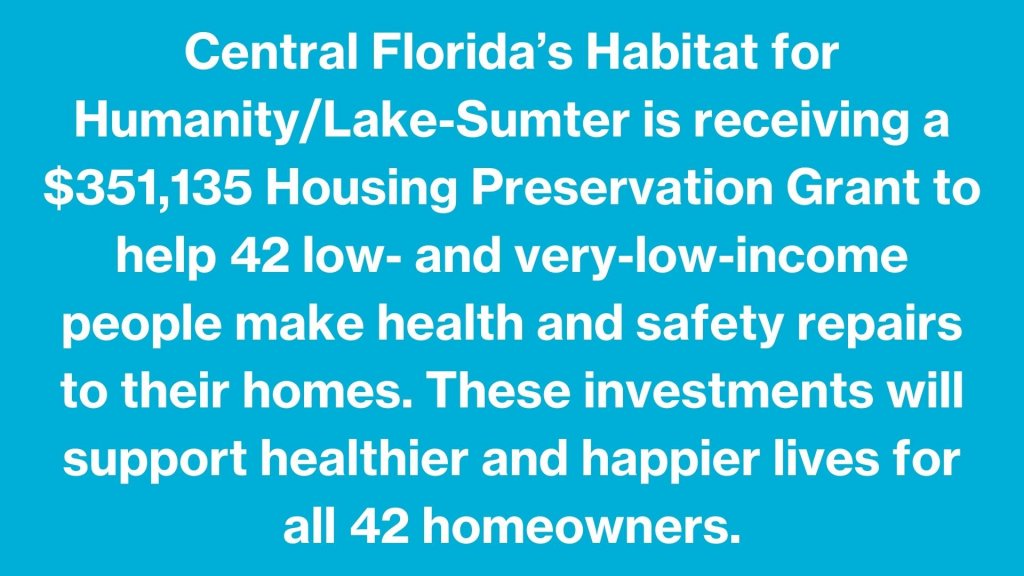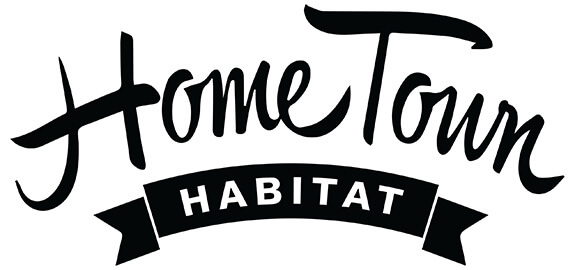USDA Invests $86 Million to Improve Equitable Access to Jobs, Business Opportunities, Education, Health Care and Housing for Rural People

Investments Will Help More Than 425,000 People in Some of the Nation’s Most Disadvantaged Areas
WASHINGTON, Nov. 18, 2021 – U.S. Department of Agriculture (USDA) Secretary Tom Vilsack today announced the Department is investing $86 million to improve equitable access (PDF, 238 KB) to jobs, business opportunities, education, housing and health care for people who live and work in rural areas. The investments are part of the Biden-Harris Administration’s commitment to ensure that people living in rural communities have equitable access to the infrastructure and opportunities often taken for granted by people living in urban and suburban areas.
“Regardless of where they live, their race, ethnicity or gender, or the size of the town in which they live, all people must have access to decent housing, clean water and good job opportunities,” Vilsack said. “This is foundational to a healthy society and stable communities. Today’s announcements build on the historic investments made possible by the American Rescue Plan Act signed into law by President Biden to ensure equity during a time when people living in underserved places are suffering the most. These investments will go a long way toward helping America ‘Build Back Better’ toward a just and more equitable society.”
Vilsack highlighted 218 investments that USDA is making in six programs specifically designed to help people and businesses in rural areas. These programs include Tribal College Initiative Grants, Rural Community Development Initiative Grants, Housing Preservation Grants, Delta Health Care Grants, Socially Disadvantaged Groups Grants and Water and Waste Disposal Grants.
The funding will help more than 425,000 people in 46 states, Puerto Rico and the Western Pacific. It reflects the many ways USDA Rural Development helps rural residents, businesses and communities address economic development, infrastructure and social service needs. It will help low-income people make health and safety repairs to their homes. It will help build and improve water and wastewater infrastructure for people living in U.S. communities along the Mexico border. It will help rural business owners in the Mississippi Delta get access to capital and business development assistance. It also will help colleges that serve Tribal populations upgrade campus buildings and services.
Click here to read the full article from NEWS PROVIDED BY U.S Department Of Agriculture

